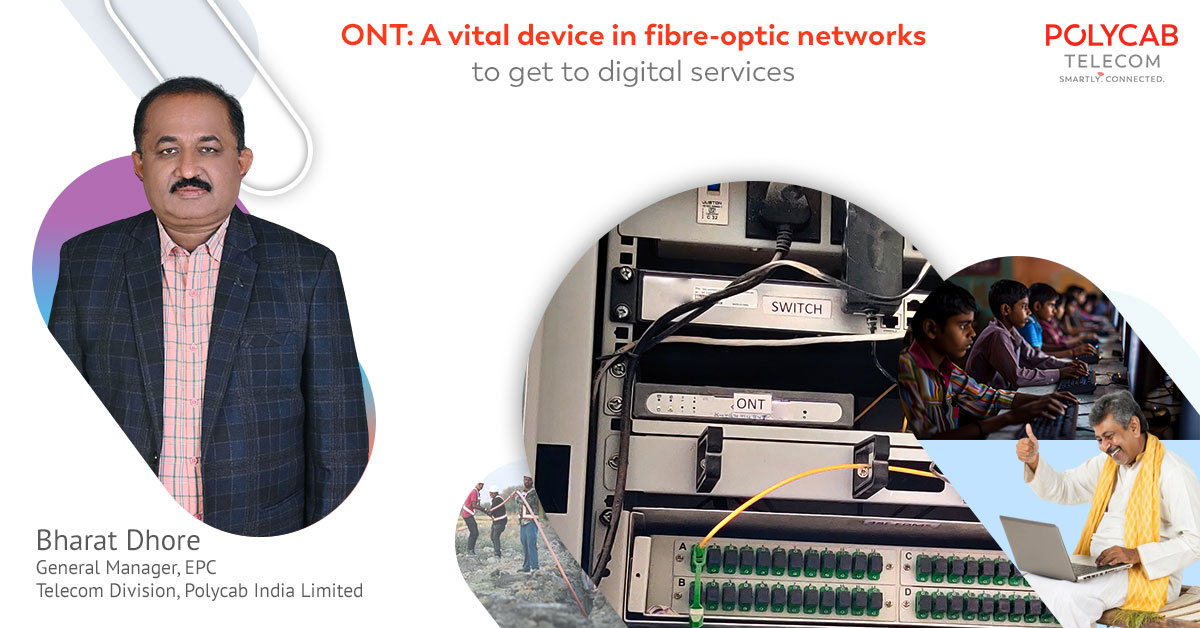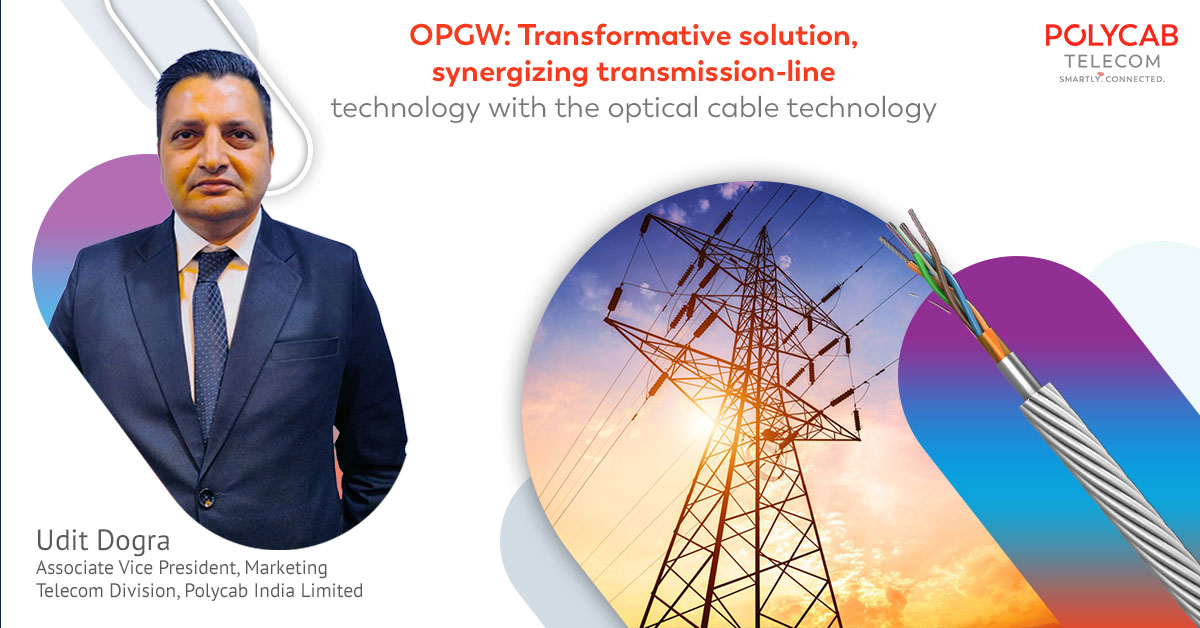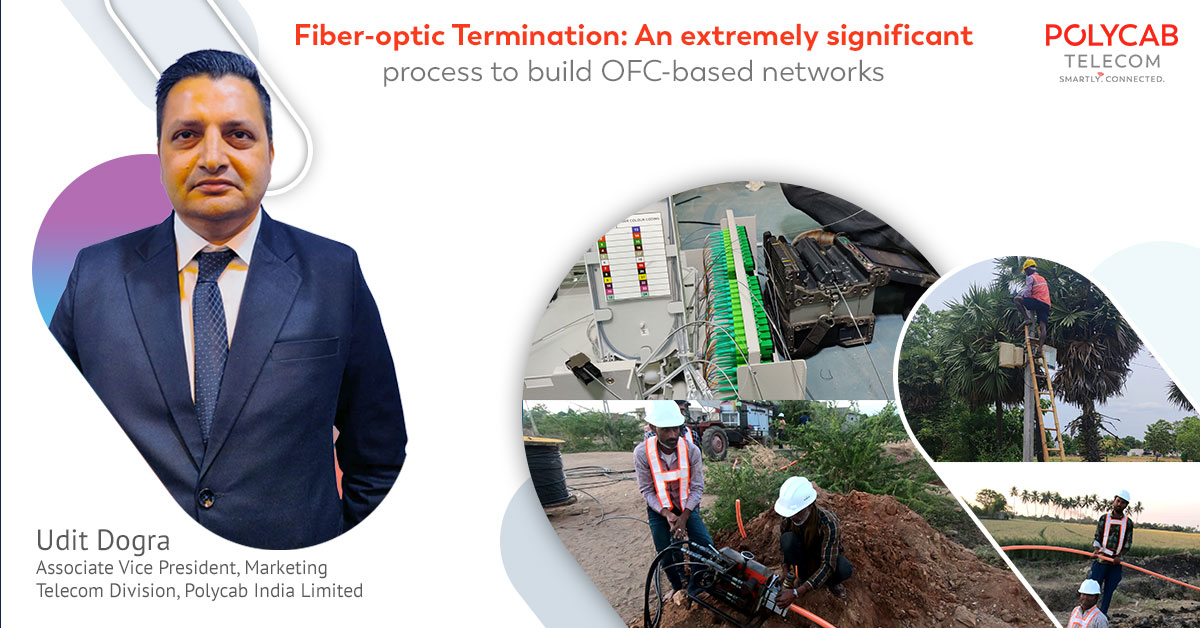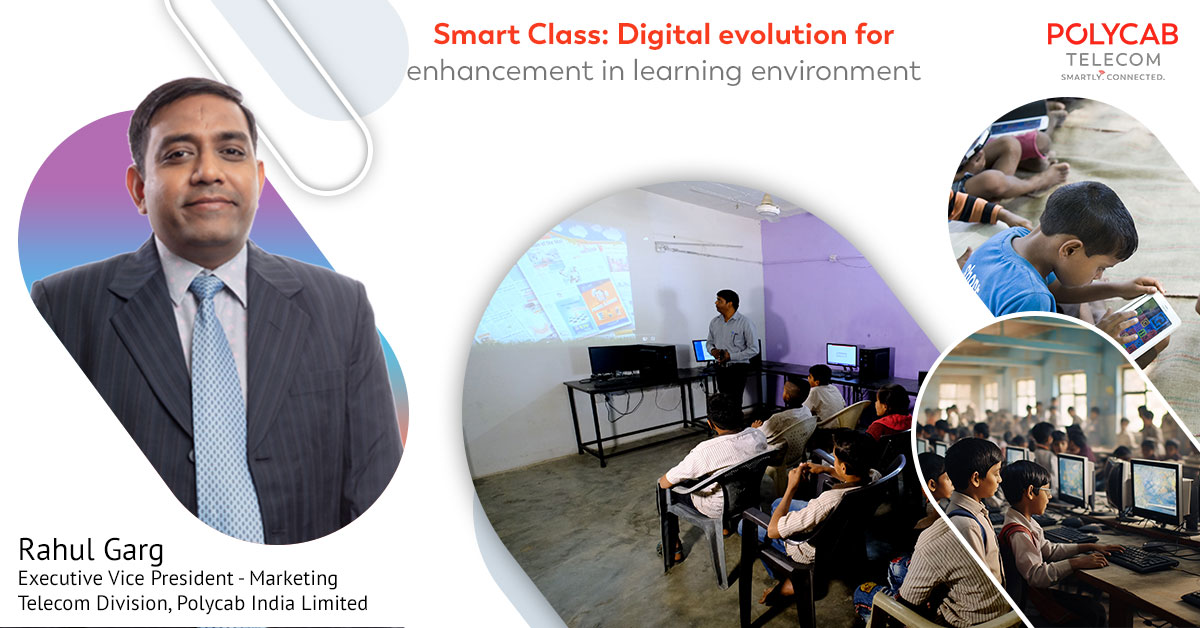Digital accessibility enables economic transformation in any country. Digital India, a campaign launched by the Indian Govt. in 2015, has made government services increasingly available to people across the country electronically with internet-inclusion and enhancement in online infrastructure. Internet-availability has led to more jobs, services and facilities for rural people. Broadband infrastructure based on fibre-optic technology has been instrumental in promoting economic growth and meeting social objectives. But digital divide still persists in our country as a stark reality.
Polycab Telecom, a division of Polycab India Ltd., worked as a Project Implementing Agency (PIA) in Saurashtra-region of Gujarat, under BharatNet Phase-II, to lay 16,953 kms of underground Optical Fibre Cables (OFCs), providing end-to-end high-speed and scalable connectivity in 3,764 Gram Panchayats of the state. We’ve also laid 3,785 kms of OFCs in Bihar, making the state’s 1007 Gram Panchayats internet service-ready with underground OFCs & 6 Gram Panchayats with RF Link-technology in the allotted duration of time. We’re currently engaged as a Master System Integrator for Tamil Nadu FibreNet Corporation Limited (TANFINET), to implement the BharatNet Phase-II project in the districts, demarcated under Package A in Tamil Nadu. We’ve got to provide end-to-end connectivity with high-speed bandwidth using OFCs in 3,095 GPs in 75 Blocks across 8 districts of Tamil Nadu. Our scope of work involves site-survey, design, fiber-laying, integration, commissioning and O&M to enable Gram Panchayats in the delineated districts with a minimum scalable bandwidth of 1Gbps. The delineated districts in the state under the Package A are: Chengalpattu, Kancheepuram, Tiruvannamalai, Tiruvallur, Vellore, Krishnagiri, Ranipet and Tirupattur. We’re in the process to lay OFCs for around 16,500 kms, with almost 85% being overhead and the rest underground, as mandated by the TANFINET. The technological basis to deploy the fibre-network is IP-MPLS (Internet Protocol/Multi-Protocol Label Switching) Electronics, a network support that uses the IP Protocol, augmented with MPLS-routing. An integral facet of our responsibility gets reflected in setting up the State NOC (Network Operations Centre) at Chennai to integrate all the GPs under the project, including the GPs under other Packages, i.e. B, C and D.
Like in Gujarat and Bihar, by laying OFCs in the villages in Tamil Nadu, we’ll be making the rural people internet-equipped to bring them to the mainstream happenings and creating the basic foundations of digital economy. Various reports put forth that a 1.08% increase in state-level GDP is achieved for every 10% increase in the number of internet-subscribers in India. The digital highway, made by us in Tamil Nadu, will pave the way for Wi-fi connectivity at common places in villages, CCTV-surveillance, Tele-medicine, online education, e-farming, payment-facility for telephone, gas or electricity-connections and easy accessibility to varied governmental schemes, bringing to the rural people in the state many unique opportunities in life and for living.







